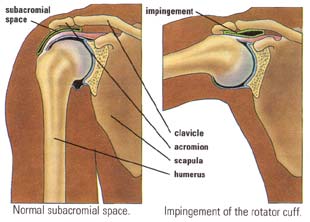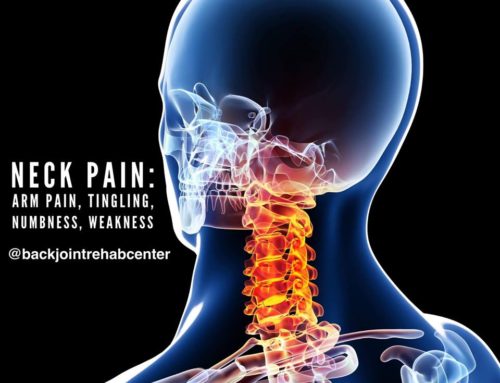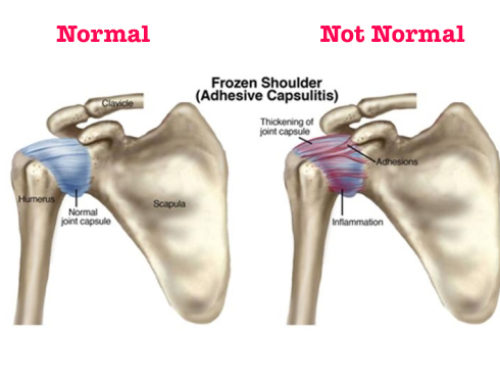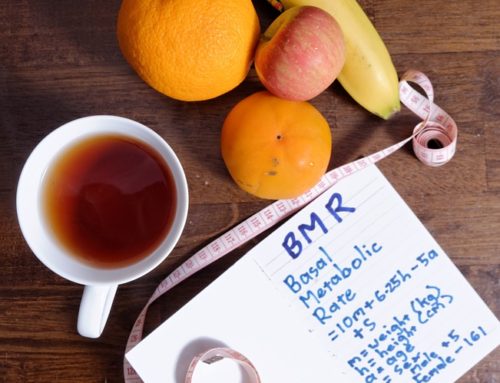PART 2: SHOULDER IMPINGEMENT
In the Second Part of the Shoulder Series, we discuss the pain and problems associated with Shoulder Impingement. Through this article, you will identify characteristics associated with Shoulder Impingement and compare with other types of shoulder pain.
Shoulder pain is a common complaint. The shoulder is made up of several joints, tendons, muscles, ligaments, bursae, and other important sensitive structures, such as the shoulder labrum. The shoulder is a ball and socket joint. The shoulder is engineered to have a wide range of motion while sacrificing ability to support large amounts of force. Similar to the hip joint, both are ball and socket joints; however, the hip sacrifices range of motion to be able to endure large amounts of force loaded onto the joint. The shoulder has tremendous range of motion due to its anatomical make-up.
The arm is kept in the socket with help from the labrum, ligaments, and rotator cuff muscles & tendons. The smoothness of the arm movement is provided by the lubricating bursa between the rotator cuff tendons & surrounding bony areas. The shoulder blade, clavicle, and humerus make up the shoulder complex. The humerus makes contact with the socket provided by the shoulder blade. The clavicle makes contact with shoulder blade acting as a strut to keep the shoulder blade in place.
The bones form a network of joints and space in between those areas including the bursa & tendons. These joints move simultaneously to allow for smooth movement using the space in these joints for fluidity in overhead activities. If the space becomes limited or is too small as per injury, surgery, or degeneration; a shoulder impingement may occur.
The shoulder blade, also known as the scapula, has a bony protuberance on the lateral side known as the acromion process. Below the acromion process, is a space for the shoulder to move; this space is called the sub-acromial space. Within this space lies a bursa between the tendon and the acromion process. If the sub-acromial space should decrease, then the risk for impinging the bursa, tendon, or bone on bone regions may become more prevalent.
Common symptoms associated with shoulder impingement syndrome is difficulty moving the arm & pain. When the problem is not addressed, the problem can lead to irritation of the tendon or bursa creating an additional problem of tendonitis or bursitis. In both cases, the end result is inflammation. Therefore, a shoulder impingement problem can also lead to inflammatory conditions as well.
SHOULDER IMPINGEMENT SYMPTOMS:
- Loss of Range of Motion
- Intermittent Pain
- Clicking, Crepitus, Crackling
- Certain Directions of the Shoulder Produce Pain & Other Movements Do Not Produce Pain
- Localized Pain (Pain Does Not Travel)
Majority of cases are non—surgical in treating shoulder impingement; however, some cases are extreme and require some type of arthroscopic surgery creating more space for the shoulder.
If you have ignored the initial stages of shoulder impingement and produced inflammation, then you may want to first take measures to rid of the inflammation. Such measures include rest, anti-inflammatory medication, ice, or in severe cases a steroid injection local to the area.
When not dealing with inflammatory complications, other forms of treatment include rehabilitation. First, identify which loading strategies provoke the shoulder and which reduce the symptoms. Once this has been identified, determining how much force can be applied is next to allow the patient to repetitively move through a direction with an applied force. Force progressions are essential for the treating this condition. As the condition improves, you will notice a decrease in pain and increase in range of motion.
Once pain is abolished, introducing other forms of rehabilitation that treat the shoulder complex as a whole is necessary. Focusing on the shoulder girdle to correct movement of the entire complex is ideal. This includes thoracic (midback) mobility, shoulder blade stability and positioning, & shoulder exercise with resistance.
Don’t Let Shoulder Pain Sideline You This Spring!
If you or someone you know struggles with Shoulder Impingement or other shoulder problems, please give us a call. We help people who suffer from all types of physical injuries.
We are Dedicated to Get You Better Through Movement…
For Appointments Call (219)-310-8822
Dr. Artemio Del Real DC, Cert. MDT, CSCS







